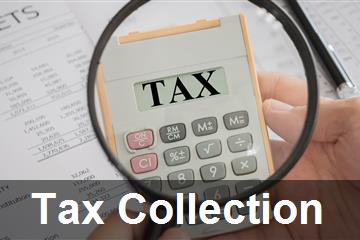
06 nov 2024
The interruption of prescription in tax collection is influenced by the nature of the debt, with exceptions for amounts from final judgments, which always have a ten-year prescription period.
Taxpayers should contest expired tax claims promptly to prevent their consolidation.
The distinction between decadential and prescriptive terms is crucial, as the former cannot be interrupted.
The COVID-19 pandemic introduced specific suspension periods affecting these terms.
Understanding these nuances is essential for effective tax dispute management.

In tax collection, the interruption of prescription is contingent upon the nature of the debt, with a notable exception for amounts resulting from final judgments, which are subject to a ten-year prescription period regardless of the debt's nature.
Taxpayers receiving notices for expired tax claims should contest them within 60 days to prevent the claims from becoming enforceable and the prescription from being 'healed.' The distinction between decadential and prescriptive terms is pivotal; decadential terms, unlike prescriptive ones, cannot be interrupted and must be adhered to by performing the required act within the specified timeframe.
Once a tax notice is issued, the collection phase governed by prescriptive terms begins.
For state taxes, the prescription period is ten years, while local taxes and penalties have a five-year period.
Interest on tax debts follows the same five-year prescription.
The prescription remains unchanged even if the tax notice becomes final, except when the debt arises from a final judgment, in which case the prescription is always ten years.
Prescription can be interrupted by notifying a formal demand, initiating a new period that can be interrupted again indefinitely.
The COVID-19 pandemic introduced specific suspension periods, varying by debt type, affecting these terms.
For instance, debts registered between March 8, 2020, and December 31, 2021, have a 24-month suspension, while those registered before March 8, 2020, benefit from a general suspension of 542 days.
For terms originally expiring in 2020 or 2021, the suspension lasted until December 31, 2023.

